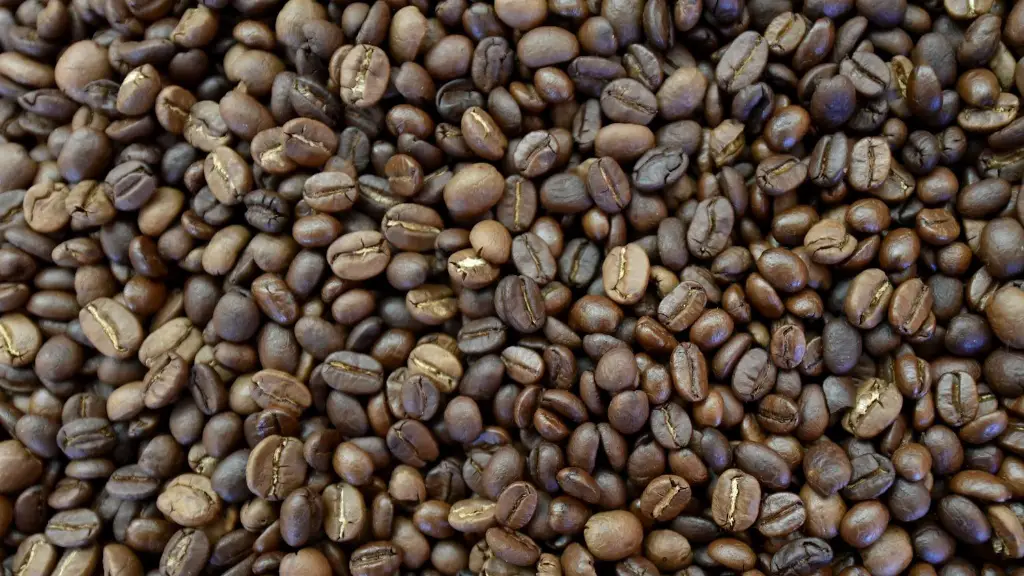Most of us are familiar with the concept of drinking coffee, which is one of the most popular beverages worldwide. More recently, the keto diet has become increasingly popular among health-enthusiasts, and keto coffee further builds upon this trend. But what is keto coffee, and how often should one drink it?
Keto coffee, also called bulletproof coffee, is essentially a blend of quality coffee, grass-fed butter, and MCT oil or powder. This blend gives a drinker the boost of energy from coffee, the healthy fats from butter and MCT oil, and doubles as a meal for those on a ketogenic diet. Fat and protein from the components give long-lasting energy and mental clarity without the sugar crash from regular coffee.
Coffee can be enjoyed any time of day, although doctors recommend limiting your daily caffeine intake to about 400 mg – about four cups of coffee for the average person. This can vary depending on how sensitive a person is to the effects of caffeine. Certain health professionals suggest keto coffee should replace breakfast, while others debate that having the drink late in the day may impede sleep patterns.
The precise amount of keto coffee that should be consumed daily is a highly contested issue. Nutritionists often recommend an individualized approach, based on one’s size, activity level, and health goals. For people on the keto diet, drinking a cup of keto coffee a day may be beneficial towards achieving their goals. Even those who are not in ketosis may also benefit from this coffee substitute due to its lower carb content and increased fat content. Generally speaking, however, it is best to not over-consume any type of coffee, and those looking to regularly sip on keto coffee should keep their daily intake to a moderate amount.
People frequently ask about the health benefits of drinking keto coffee. While studies about the long-term impacts of this drink are still limited, keto coffee does have certain benefits. Firstly, the additional fat and protein from the butter and MCT oil can help stabilize blood sugar levels, which is beneficial for both diabetics and those trying to control their weight. Secondly, the higher fat content gives a person sustained energy – the fatty acids can keep a person’s body in a state of ketosis, and prevent a drop in energy. Lastly, keto coffee is free of gluten, and can be a low-carb, dairy-free, and vegan-friendly alternative to regular coffee.
How Keto Coffee Supports Different Health Goals
Keto coffee may be tailored to one’s specific health goals. This type of coffee contains grass-fed butter, which is rich in omega-3, CLA, and other healthy essential fatty acids. This can contribute to an improved lipid profile and better overall heart health. For fitness enthusiasts, keto coffee can be a great pre-workout beverage because of its fatty acids, which can increase the intensity, duration, and effectiveness of workouts.
Keto coffee can also be incorporated into a weight-management routine, as it can help decrease sugar cravings, curbing one’s appetite for sweet and sugary snacks. It also contains high amount of fat and protein, which can give a person a feeling of fullness for hours. The fat caloric person is also energy-rich, so even if a person consumes fewer calories, keto coffee may be used to substitute breakfast and provide energy until lunchtime.
How To Make Keto Coffee
Making keto coffee is relatively easy and requires minimal ingredients. Firstly, it is necessary to brew quality coffee. Secondly, it is important to select healthy fats, such as grass-fed butter and coconut oil, or MCT oil as a powder. Finally, a blender can be used to make a frothy, blended beverage similar to a latte or cappuccino.
When adding the butter, it is necessary to start with a small amount, then gradually increase the amount up to no more than one tablespoon per cup of coffee. Too much of either the coffee or the fats can cause unpleasant side effects. Additionally, adding extra ingredients such as cinnamon or nutmeg can help improve the flavor and boost the health benefits.
Tips For Consuming Keto Coffee
To maximize the health benefits of keto coffee, some tips may be beneficial. Firstly, it is important to buy quality coffee for the optimum taste and advantages. Organic, freshly-ground coffee is generally preferred over pre-ground coffee. Secondly, it is best to base the drink’s additional ingredients on healthy fats and organically-produced butter from grass-fed cows. This makes it a much healthier option than regular coffee.
It is also essential to pay attention to the sugar content, as keto coffee should only contain naturally occurring sugar from the coffee beans or sweetener, such as honey or maple syrup. Finally, those most sensitive to caffeine should be mindful of the fact that keto coffee does have more caffeine than regular coffee. It is advised that these people gradually increase their intake, and not over-consume keto coffee throughout the day.
Pros and Cons of Keto Coffee
When deciding whether to include keto coffee in one’s daily diet, the pros and cons should be carefully considered. On the one hand, the drink has many benefits such as weight-management, improved blood sugar, and sustained energy. Additionally, it is a dairy-free, low-carb, and vegan-friendly alternative to regular coffee, and can be suitable for various diets.
On the other hand, long-term studies about potential health risks of consuming keto coffee are still limited. Additionally, for those sensitive to caffeine, the additional caffeine may have a negative effect. Those consuming keto coffee should also be sure to not over-consume the drink, as it is not necessary for everyone to have several cups per day.
Common Misconceptions About Keto Coffee
Despite the growing popularity and potential health benefits of keto coffee, there are some common misconceptions about the drink and its consumption. A common belief is that it must be consumed only in the morning as a meal replacement. In reality, however, while keto coffee may replace breakfast, it can also be consumed later in the day to curb sweet cravings or as a snack.
Another belief is that keto coffee is just a health-approved version of frappuccinos or milkshakes. This is not true, as the consumption of this type of coffee should not involve extra sugar, creams, and sweeteners, which would defeat the purpose of the drink.
Finally, there is a grossly false belief that keto coffee is a miracle cure-all for health issues. Keto coffee can be beneficial and can help support one’s health goals, however it is not a panacea for all health issues. It is best if keto coffee is incorporated into a balanced diet, and not completely relied upon for all healthy needs.




